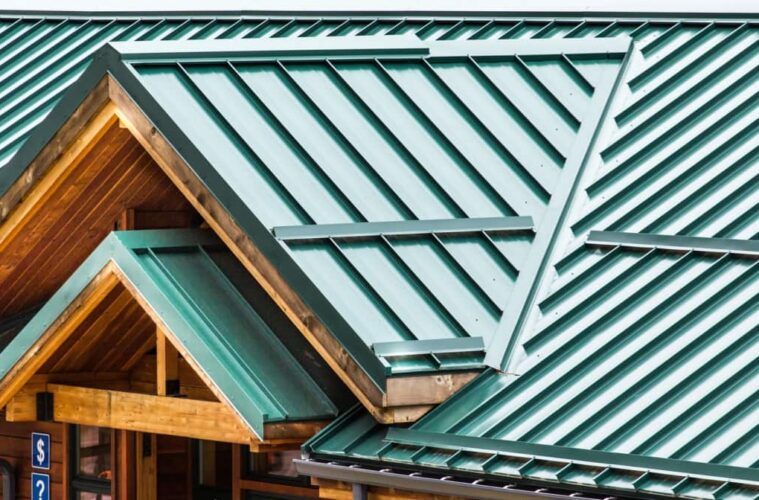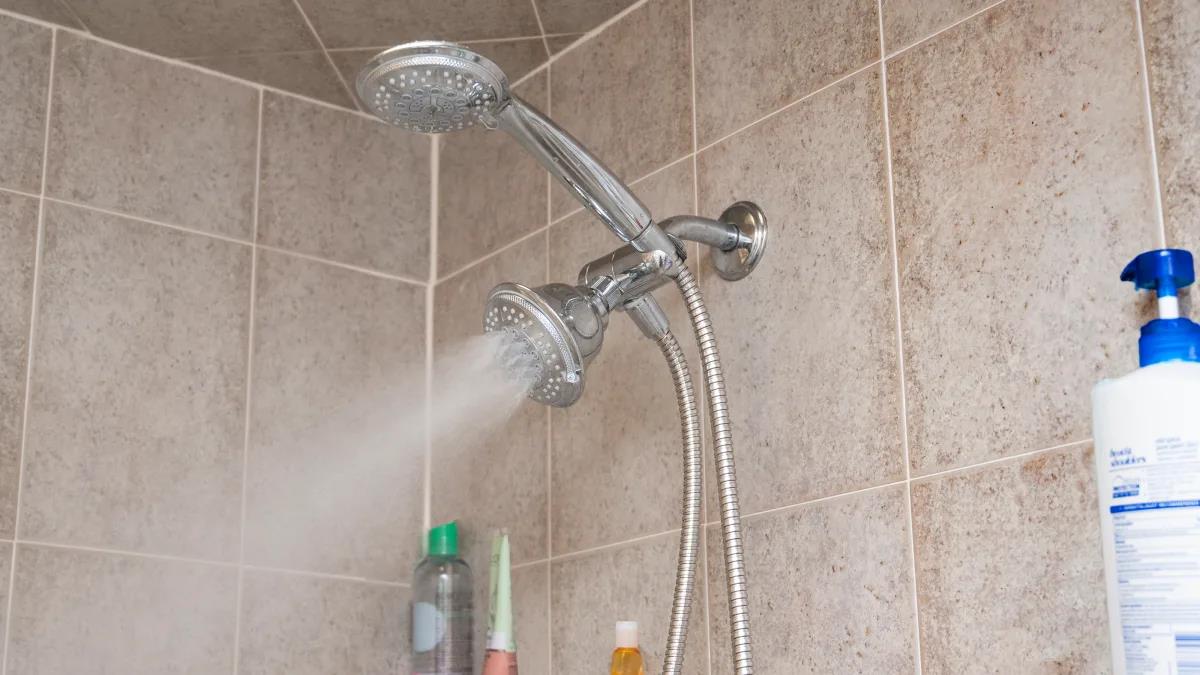A perfect capture of solar rays to generate energy in homes, industries, and businesses requires much more than solar panels. Fixing structures is equally important since they are directly responsible for supporting the plates, for the correct inclination, and safety.
A poorly installed structure or one produced with low-quality materials, in addition to compromising the efficiency of the photovoltaic system, can cause serious accidents. Even so, one of the most common doubts of people about generating energy through the sun is whether any roof can support this installation. The answer is yes!
Of course, every project must be carefully studied by trained professionals before touching any roof, slab, or ground. There are custom structures for every situation, you need to know which one to use.
In the case of solar energy, it is possible to develop specific fixing systems even when some of the solutions available on the market do not suit a given establishment. However, especially when we talk about a roof for solar energy, some points must be taken into account before installing photovoltaic panels:
- Surface resistant to the weight of the system
- Condition and cleaning of tiles
- Condition and resistance of the structure that supports the tiles
- Roof slope or surface
- Shading of the site
But the sky is the limit! Before I get into installing the photovoltaic system on different types of roofs, let’s talk a little more about fixing structures in general.
Fixing structure for solar energy
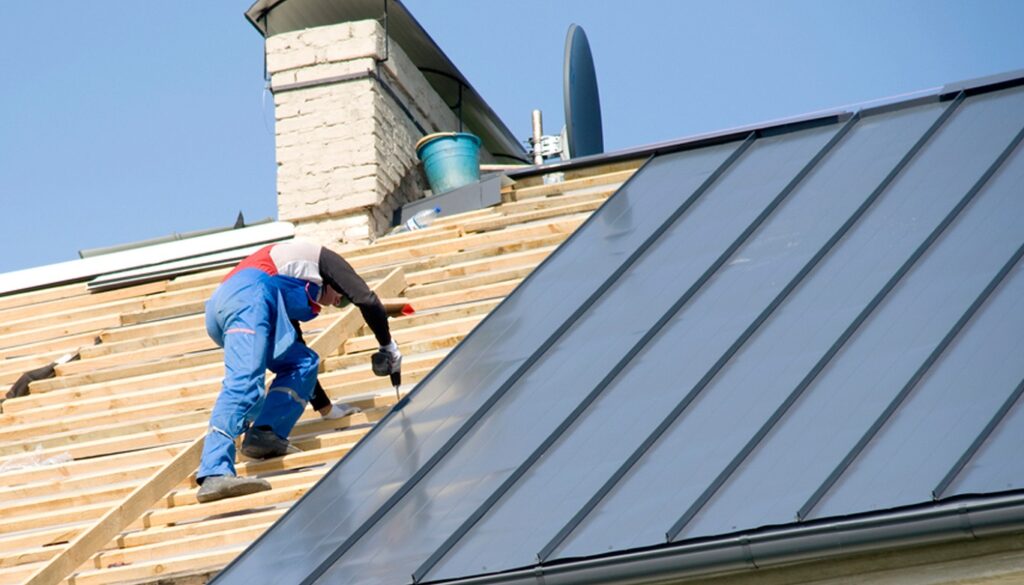
source: pinterest.com
The first point of extreme relevance regarding structures or mounting brackets is that the material used guarantees the durability of the photovoltaic system as a whole.
If you want your solar panels to have a useful life of approximately 25 years, demand high-quality materials for the items that make up the structures, such as aluminum, stainless steel, or galvanized iron.
Stay away from improvised metals or wood, even more so if your establishment is located in coastal regions (the sea air can degrade low-quality materials much faster).
With that alert in mind, do you know the main parts of a fastening structure for photovoltaic solar energy? Metal profiles (rails), fixing brackets, nuts, and screws, each with a well-defined function:
- Fixing brackets: parts or sets that will support the metal profiles and, consequently, the entire photovoltaic system.
- Metallic profiles (rails): support parts for solar panels.
- Nuts and screws: guarantee the perfect fixation of all parts.
When the structures are ready, the way to fix the solar panels is very similar. What changes is the fixing support depending on the surface?
I will now point to the most common examples. It is important to note that there are several possibilities for mounting on a roof for solar energy. A prior analysis by your trusted installer will always be necessary to indicate the best solution for your project.
Ceramic Roofs x Fixing Structure
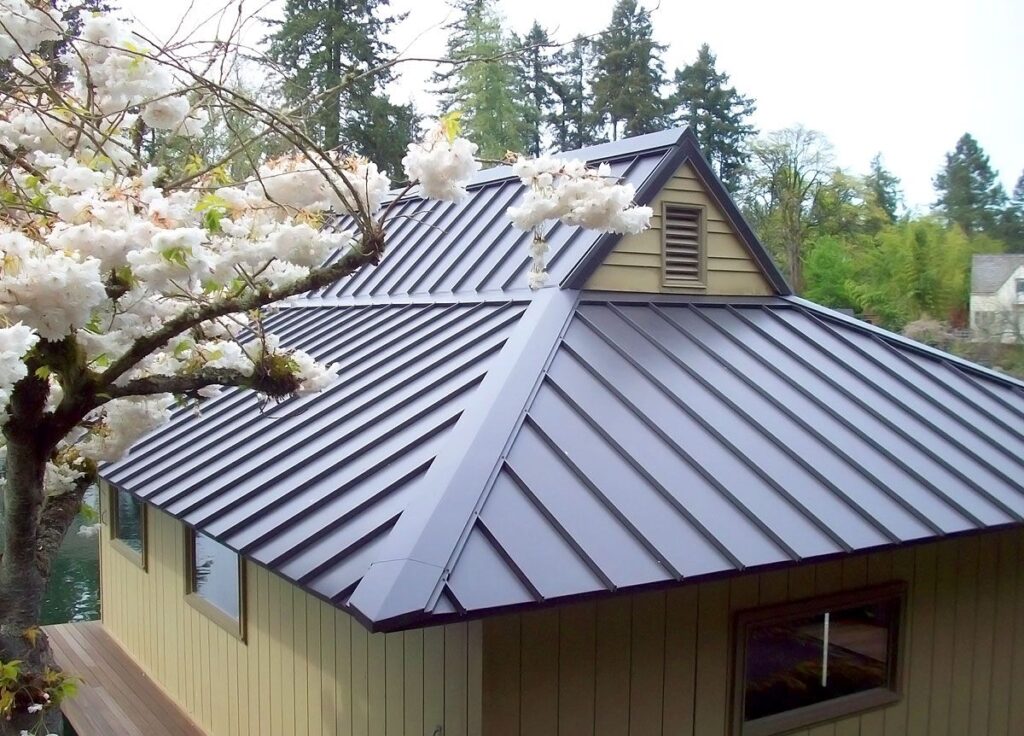
source: pinterest.com
Ceramic tiles are the oldest and most popular coverings. It is still widely used in homes and small businesses for its aesthetics and comfort. It is common to install photovoltaic systems on these roofs.
The fixing structure on ceramic roofs has a particularity, the hook, a metallic piece that adapts to any tile design, with specific adjustments to keep it securely fastened.
To fix it, remove the tile and find the rafter of the establishment. That roof structure, usually made of wood, that supports the tiles, you know? Hooks are screwed directly into the rafter. To avoid infiltration, it is recommended to position them in the upper part of the tile and not where water drips.
After fixing all the necessary hooks, replace the tiles in their original position. The next step is to secure the rails over the hooks with the right tools, and you’re done! The structure is already prepared to receive the solar panels. An advantage of the ceramic tile roofing bracket is that it keeps the tiles intact, as there is no need to drill holes.
Fiber Cement Roofing x Fixing Structure
Fibrocement roofs are highly sought after for having one of the best cost-benefit ratios on the market. They are practical, light, and resistant, a great type of roof for solar energy. Different from the installation in ceramics, in fiber cement, the hooks will give way to the “L” support.
The first step is to find the roof supports (purlins or beams) where the “L” bracket will be fixed. Then, drill the top part of the tile until you find the roof support to place the stud.
After correctly sealing the hole, the “L” support will be inserted in the stud with the tools for a perfect fixation. Once all the supports have been installed in the ideal alignment, it’s time to fix the profiles supporting the solar panels. Simple.
Trapezoidal Metal Roofs x Fixing Structure
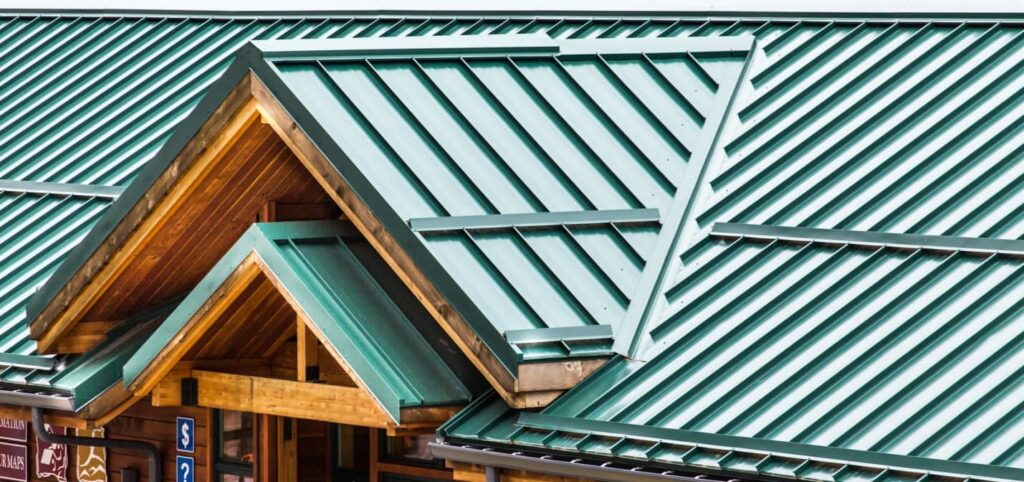
source: pinterest.com
Another example of a roof for solar energy is the trapezoidal metallic roof, usually made of galvanized steel, which has excellent resistance to the weather in the most varied environments.
Trapezoidal metallic tiles require another solution for fixing structures: mini rails. They are smaller metallic profiles that must be perfectly aligned according to the project’s needs.
The mini rails are screwed with a self-tapping screw to the highest part of the metallic tile. If you don’t want to drill your tile, a tip is to take advantage of existing holes. The next step is to prepare the solar panels with the specific fixing accessories, position them correctly on the mini rails and fix them.
Remember that there are other ways to install the photovoltaic system on metallic roofs of different formats. Consult your installer before running any project.
Now, I hope you understand the particularities of the roof for solar energy and the importance of using the proper fixing structure in each case.
Regardless of your project, it is straightforward to install a photovoltaic system, find the right professionals, and pay attention to the quality of the materials used. You have no more excuses to contribute to the planet and enjoy the benefits of sustainable and economical energy.

